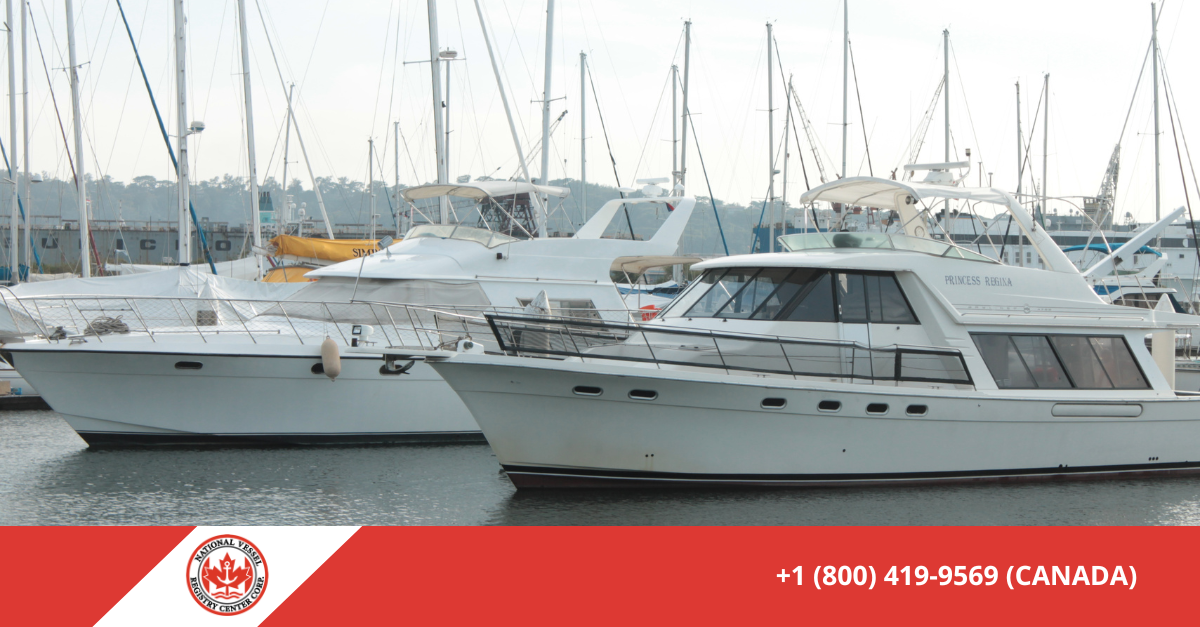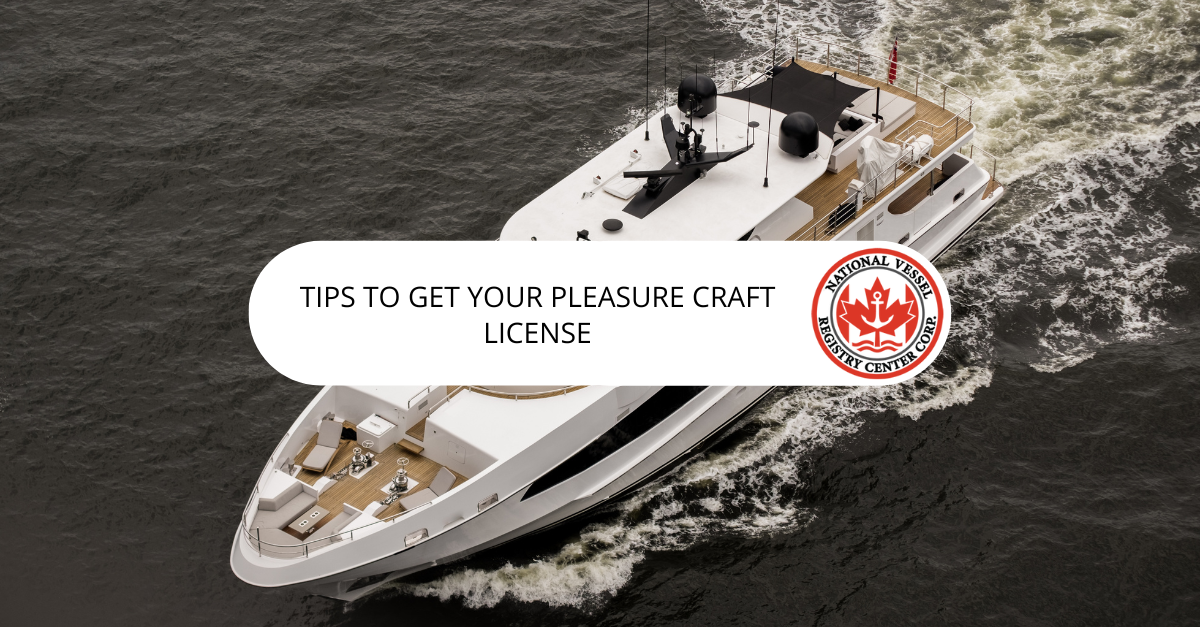If you own a vessel in Canada, you very well may have to get a Canadian pleasure Craft License to operate it legally. Even though a Pleasure Craft License is needed to operate most boats in Canada, not everyone knows this fact, although many Canadians love spending time on the water. Don’t worry if you’re one of the many individuals caught off guard by this prerequisite; you’re in good company. This is a criterion that many people are unaware of. A recent survey discovered that over half of all Canadians are ignorant of the notion that having a PCL is mandatory. Nevertheless, ignorance is not a valid excuse; thus, if you want to operate a vessel in Canada, you must get the appropriate authorization. In today’s article, we’ll discuss some steps you may take to get your Boating License and remain protected as you cruise the rivers of Canada.
Make Sure You Have All of Your Paperwork in Order
The application process for a pleasure boat license, like other bureaucratic procedures, is laborious and time-consuming, but you can save yourself a lot of potential issues if you take your time and carefully acquire all of the necessary documentation from the start. A valid proof of age, including your birth date, must apply for a driver’s license in most states. If you are under 18, you will need your parent’s permission to apply for a license. Documents such as a birth certificate, passport, citizenship card, or driver’s license may be used to verify an individual’s age.
If none of the above apply to you, you should contact the CCG to find out what additional forms of identification they accept. You’ll also need to demonstrate that you understand how to operate a boat safely. To accomplish this, you must either provide proof of completion of a boating safety course or pass a CCG test. Examinees will have 45 minutes to respond to 25 multiple-choice questions culled from a variety of CCG sources.
Go Online and Fill Out the Canadian Pleasure Craft License Application Form
The next step for you will be to complete the online application for a pleasure craft license, which may be found on the website. Be careful you pick yourself as the “contact person” when you come to the form section that asks for one since other individuals will be contacting the person you’ve designated as the contact person with questions. The next step is to decide whether you want to purchase a brand-new or a pre-owned watercraft. Consider including any information about your boat that isn’t already included in the application, such as its length, weight, engine size, etc. Before you start filling out your application, you should verify with the dealer or the manufacturer if you have any questions or reservations about any of these particulars. This will ensure that you have the correct information when it comes time to submit your application.
Pay The Application Fee
At this stage, there are a few different payments that need to be paid, including the charge for the license, a marine survey fee (which is required to be paid when your vessel is less than two years old), and an examination fee (for both the theory and practical exams). These fees are all directly connected to the expenditures incurred due to operating a boating program and ensuring that it is kept current. The money for this license is non-refundable; if you do not pay it, you will not be issued the license. On the check, your entire name must be written down. The application cost must be paid with a certified check or a money order drawn from a chartered bank or trust organization in Canadian dollars.
Once Your Application Has Been Processed, You Will Receive Your License in The Mail
If you have never applied for a license for a pleasure craft before, you might not realize how important it is to check that all of the details on your application are accurate and in order before submitting it. This piece of advice might appear to be overly obvious, but if you have never applied for a pleasure craft license before, you might not realize how important it is. On each form, your name and address should be typed accurately; do not make the simple mistake of misspelling them. After your submission has been reviewed and processed, your license will be sent to you through mail within the next two weeks. After the day when Transport Canada granted the license, the validity period was extended to three years. Now is a good time to start making preparations for where you wish to sail your boat in the future.

Be Sure to Keep Your Pleasure Craft License on Board at All Times When Operating Your Vessel
Maintaining possession of your pleasure boat operating certificate is mandatory at all times while in operation. If you don’t and you are pulled over while operating a motor vehicle without one, you might lose your driving privileges permanently. When heading out on the lake, the best way to guarantee you won’t forget your license is to always have it on you. At first, this may seem like a lot of work, but you’ll get used to it. Since a driver’s license is constantly on hand and doesn’t take up much space, it’s possible to use the same wallet or case to store both a driver’s license and a pleasure craft license. Be careful to keep your pleasure boat license in a compact location; you don’t want a huge wallet or case to slow you down in an emergency.
You’ll need a pleasure craft license to take your new boat out on the water, and they can help you acquire one. The register may provide details such as how much it will cost, how long it will take, and if there are any additional prerequisites or procedures. Check out our site to see all of the ways we can help.

